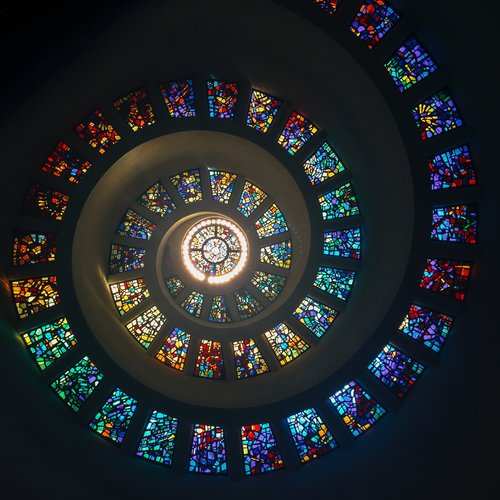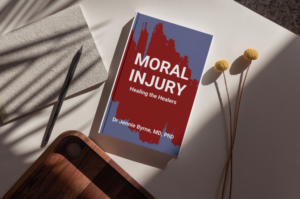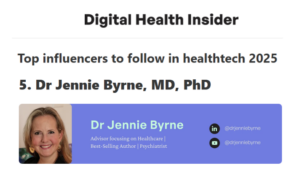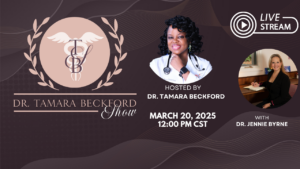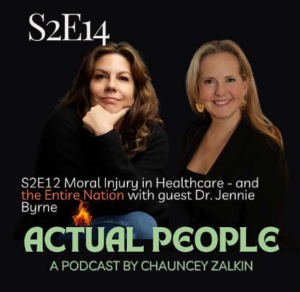Today I’m reading…. “The Anatomy of Hope” by Dr. Jerome Groopman.
What is hope and how does it relate to medicine? Dr. Groopman documents the power of hope in his cancer patients; I have also seen the power of hope in my psychiatric patients.
Hope is complicated. We have all experienced hope, but it is difficult to put into words. I like Dr. Groopman’s observation that hope is both an emotion with a positive “lifting” physical sensation, and a belief in a good future.
In medicine, we are always surprised by the power of placebos – treatments which do not contain any “active” ingredients. Placebos can be powerful, and reduce or eliminate severe psychiatric and medical symptoms. Perhaps hope activates the same machinery that placebos activate, a yet-unknown pathway whereby the body can self-soothe and self-heal.
The opposite of hope is hopelessness. In my experience, hopelessness is the core feature of most major depressive episodes. When my patients are hopeless, they despair, they isolate from other people, and sometimes they do not want to be alive. Without hope, the body damages itself and reduces its ability to heal.
In many ways, my work as a psychiatrist is to help my patients find hope again. Sometimes this is aided by medications, sometimes by psychotherapy, sometimes by electrical treatments. But I am always struck how the relationship itself between a physician and their patient is a powerful force for hope. I know that 100 years from now, the treatments I employ will seem primitive. But helping patients find hope will always be an important role of any physician.

